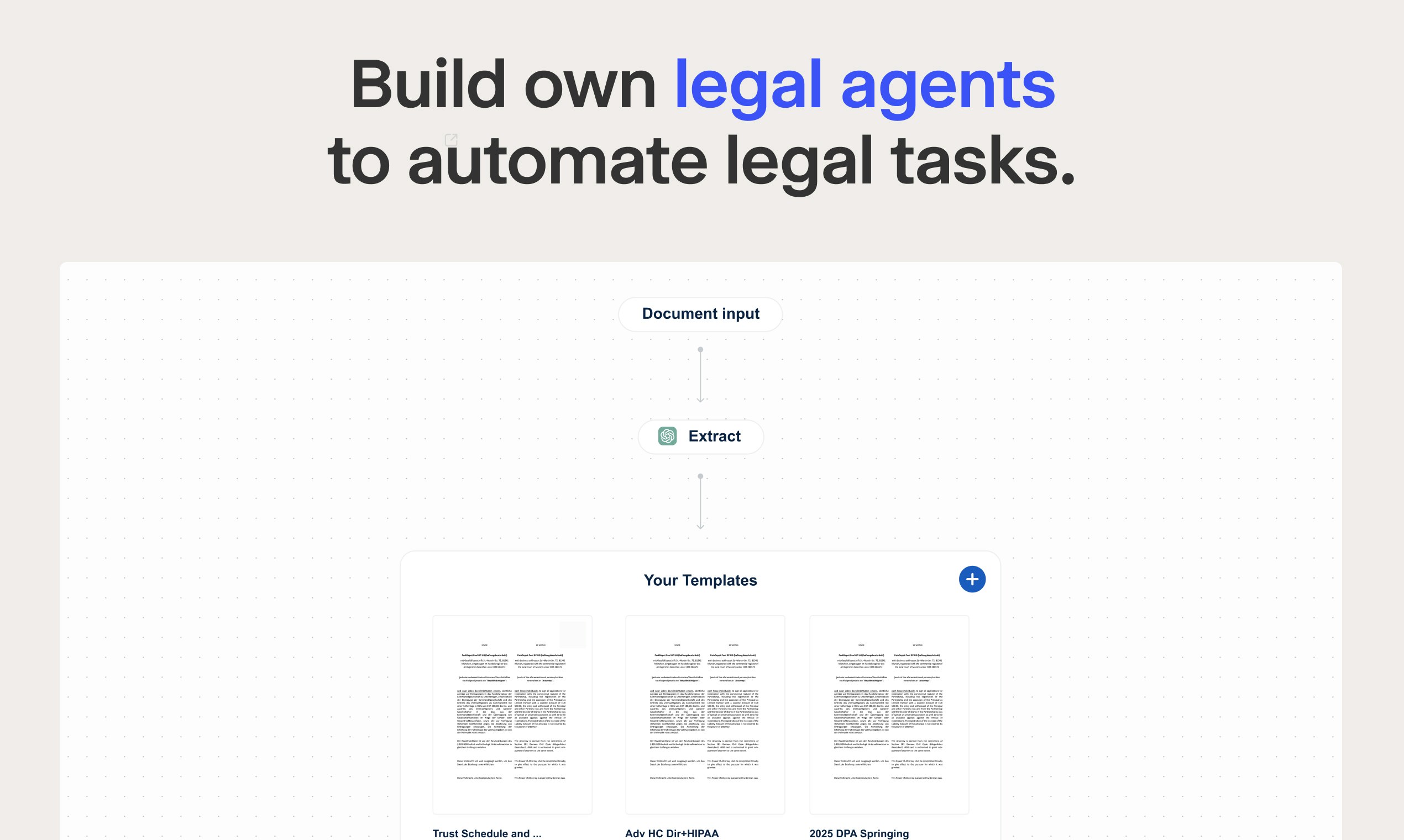
Table of Contents
Overview
In today’s fast-paced legal landscape, efficiency and accuracy are paramount. Platus (YC F24) emerges as a powerful AI-powered legal workspace designed to empower legal teams, offering a suite of tools from document automation to e-signatures, all within a customizable workflow environment. This innovative platform promises to streamline legal operations by integrating company-specific knowledge bases and intelligent AI agents. Let’s delve into what makes Platus a contender in the legal tech space.
Key Features
Platus boasts a comprehensive set of features designed to optimize legal workflows:
- AI-powered legal assistant: Provides intelligent support for drafting, reviewing, and analyzing legal documents, saving time and reducing errors.
- Document automation: Automates the creation of legal documents using pre-defined templates and data, ensuring consistency and accuracy.
- E-signatures: Enables secure and legally binding electronic signatures, accelerating the signing process and eliminating paper-based workflows.
- Online notarization: Offers convenient online notarization services, streamlining document authentication and verification.
- Custom workflows: Allows users to create and customize workflows tailored to their specific legal processes and requirements.
- API integration: Facilitates seamless integration with other legal tech tools and systems, enhancing interoperability and data exchange.
How It Works
Platus simplifies legal processes by connecting users with an AI assistant that’s deeply integrated with their internal legal resources. Imagine having instant access to your company’s legal databases, templates, and crucial documents, all powered by AI. The system automates the tedious aspects of legal work, such as drafting contracts, reviewing agreements, and obtaining necessary signatures. This not only accelerates these processes but also enhances compliance by ensuring adherence to established legal protocols.
Use Cases
Platus offers versatile solutions for various legal needs:
- Corporate legal departments: Streamline contract management, compliance reporting, and other routine legal tasks.
- Startups seeking affordable legal automation: Access enterprise-level legal automation without the hefty price tag.
- Real estate transactions: Automate the preparation and execution of real estate documents, accelerating deal closures.
- Regulatory compliance documentation: Simplify the creation and management of compliance documents, ensuring adherence to regulatory requirements.
- Internal policy management: Streamline the creation, distribution, and enforcement of internal policies, promoting consistency and accountability.
Pros & Cons
Like any tool, Platus has its strengths and weaknesses. Let’s break them down:
Advantages
- Saves time and cost by automating repetitive legal tasks.
- Easy to integrate via APIs with existing legal tech ecosystems.
- Enhances compliance by ensuring adherence to legal standards and internal policies.
Disadvantages
- Setup and training are required to fully leverage the platform’s capabilities.
- May not cover highly complex or nuanced legal situations requiring specialized expertise.
How Does It Compare?
When considering legal tech solutions, it’s essential to understand how Platus stacks up against its competitors.
- Casetext: While Casetext excels in legal research, it lacks the robust automation capabilities offered by Platus.
- Filevine: Filevine is primarily focused on case management for law firms, making Platus a better fit for in-house legal teams.
- LawVu: LawVu provides a broader range of management tools, which may be overkill for smaller in-house teams or startups that can benefit from Platus’s focused automation.
Final Thoughts
Platus presents a compelling solution for legal teams seeking to leverage AI to streamline their operations. Its focus on document automation, e-signatures, and customizable workflows, combined with its ease of integration, makes it a valuable asset for organizations looking to enhance efficiency and compliance. While setup and training are necessary, the potential time and cost savings make Platus a worthwhile consideration for modern legal departments.

